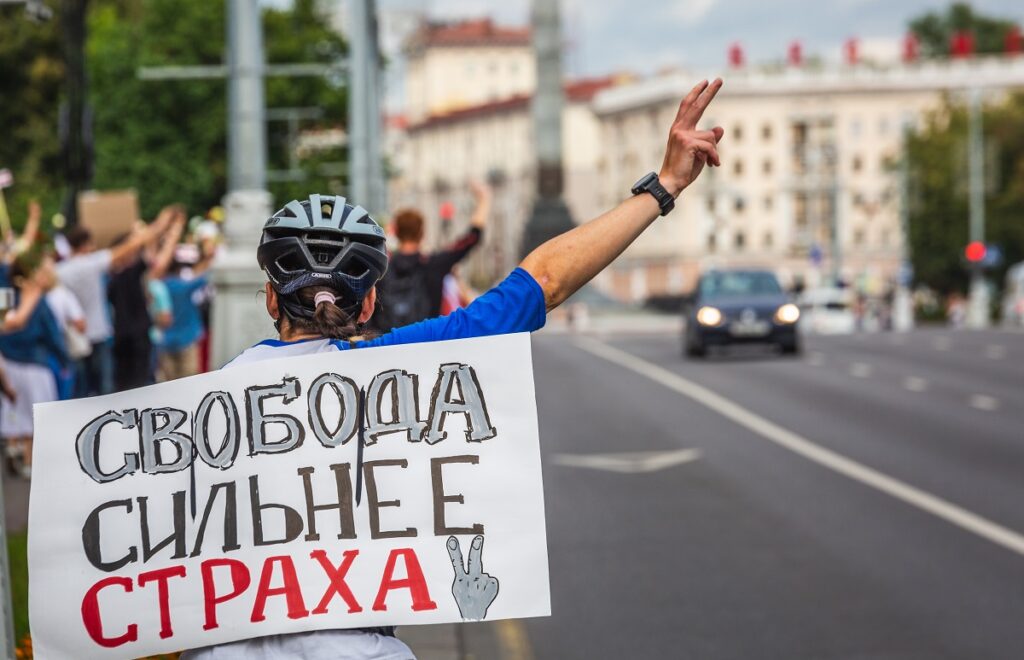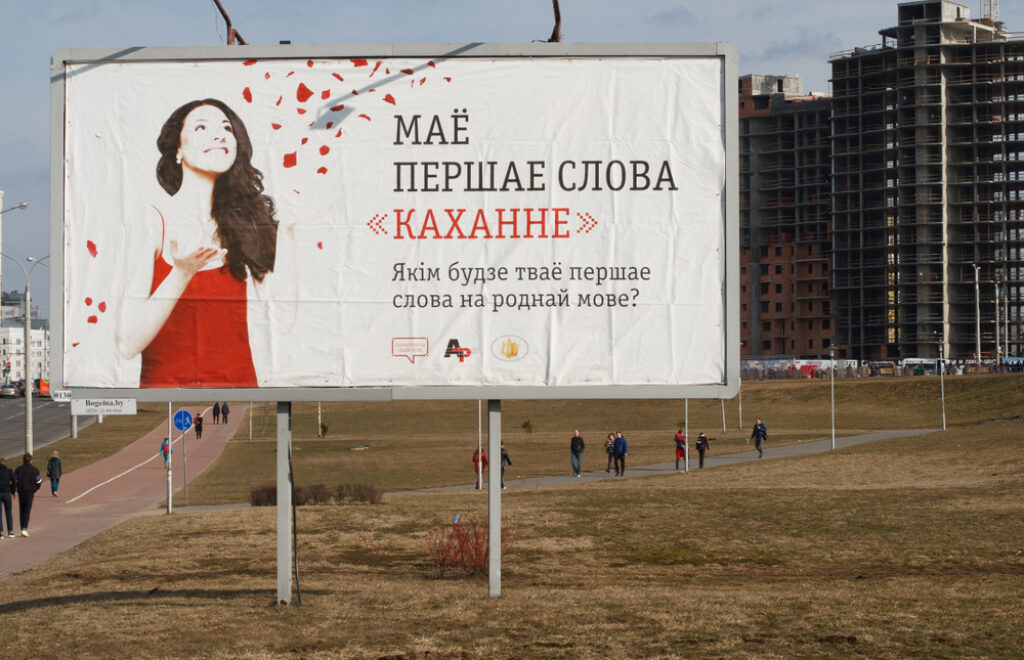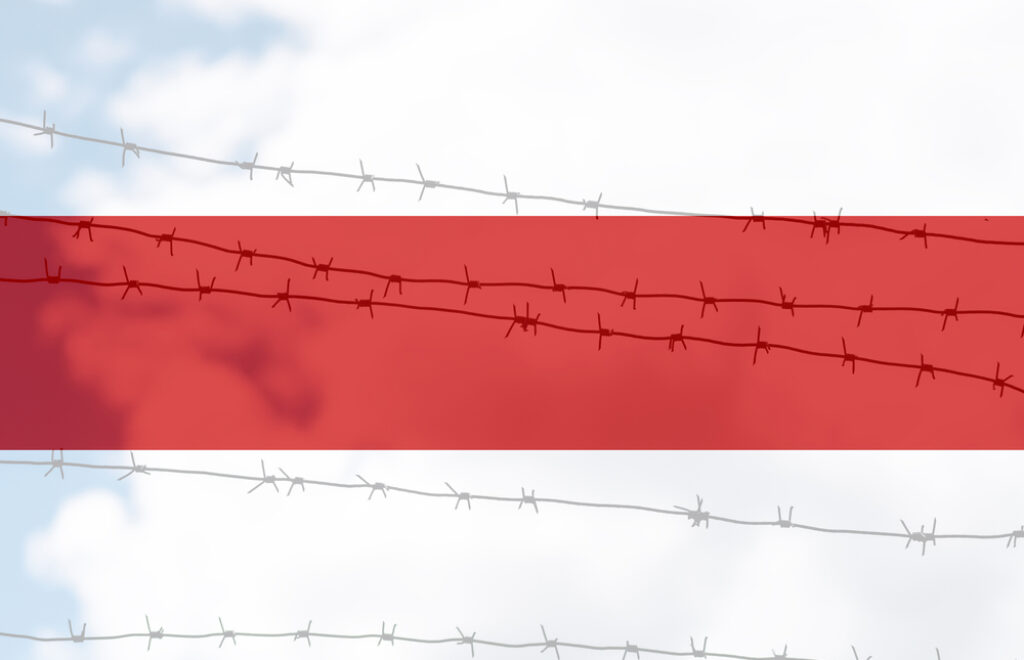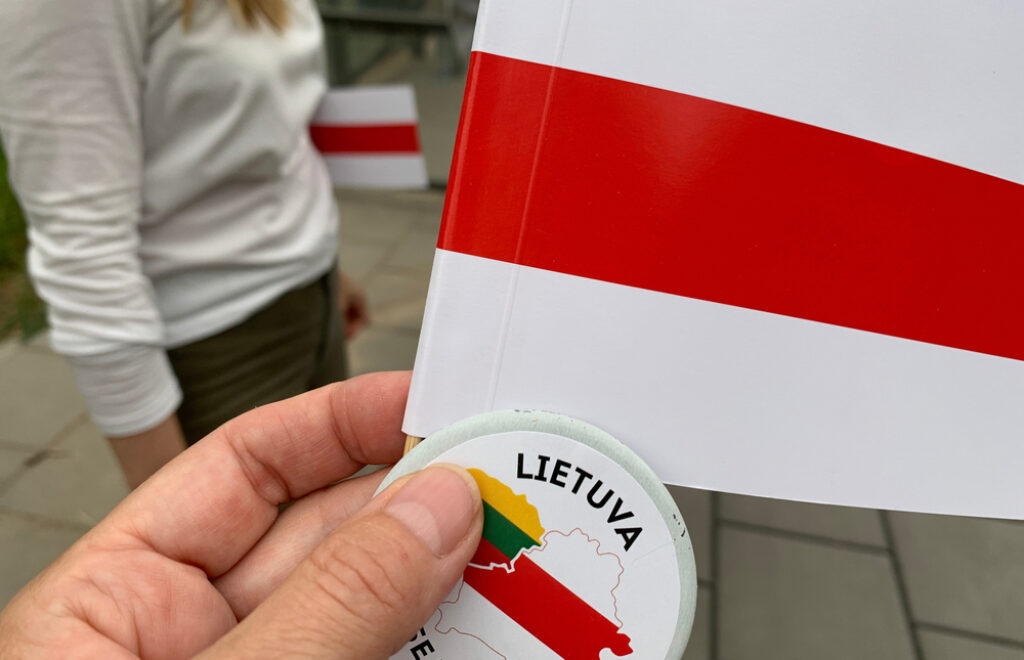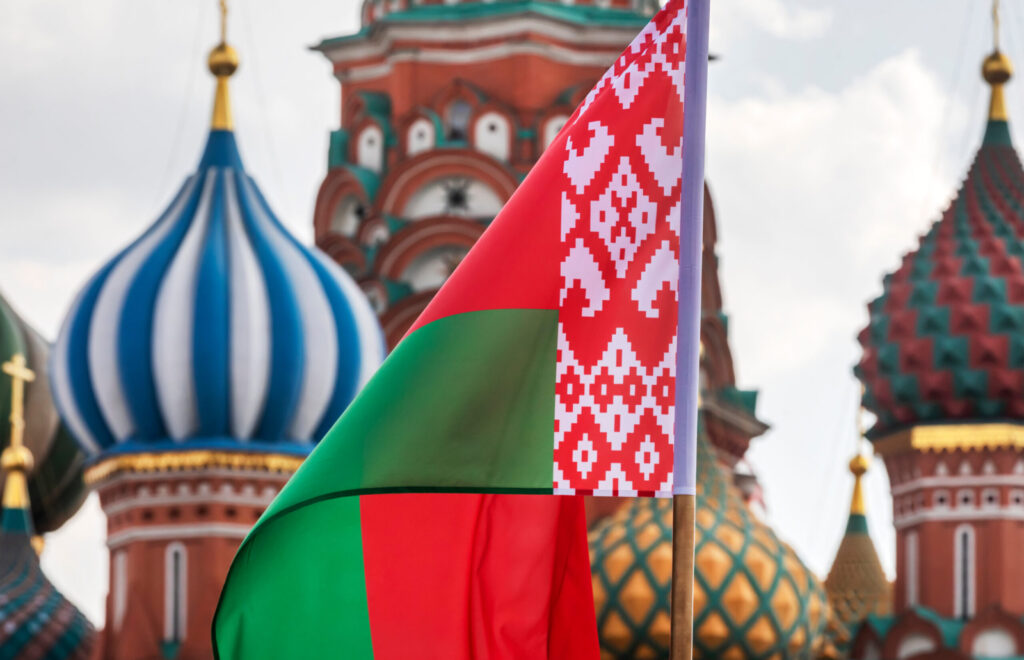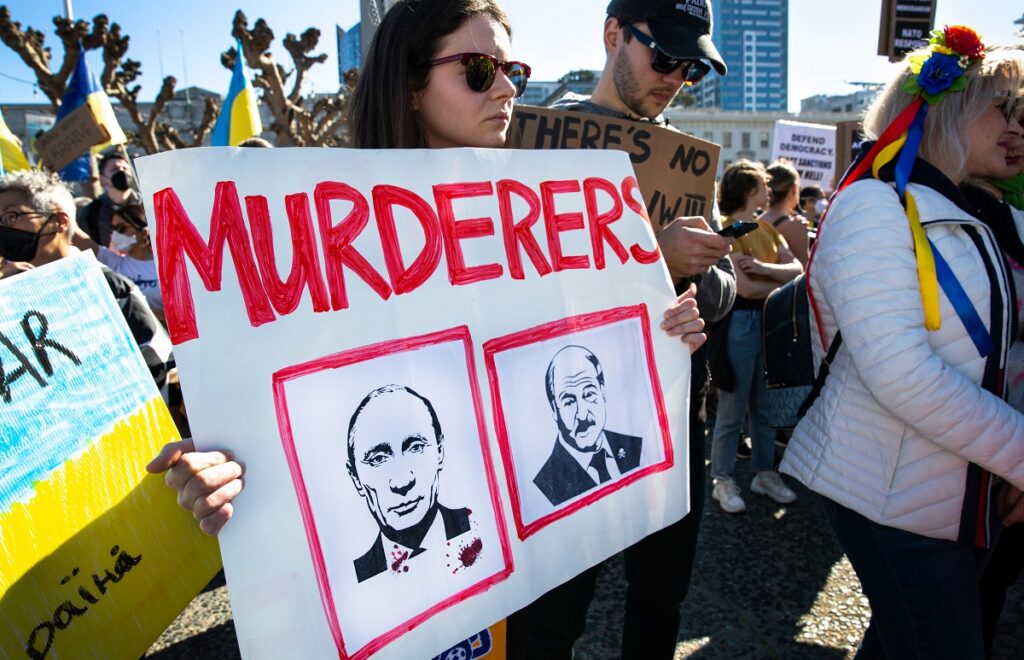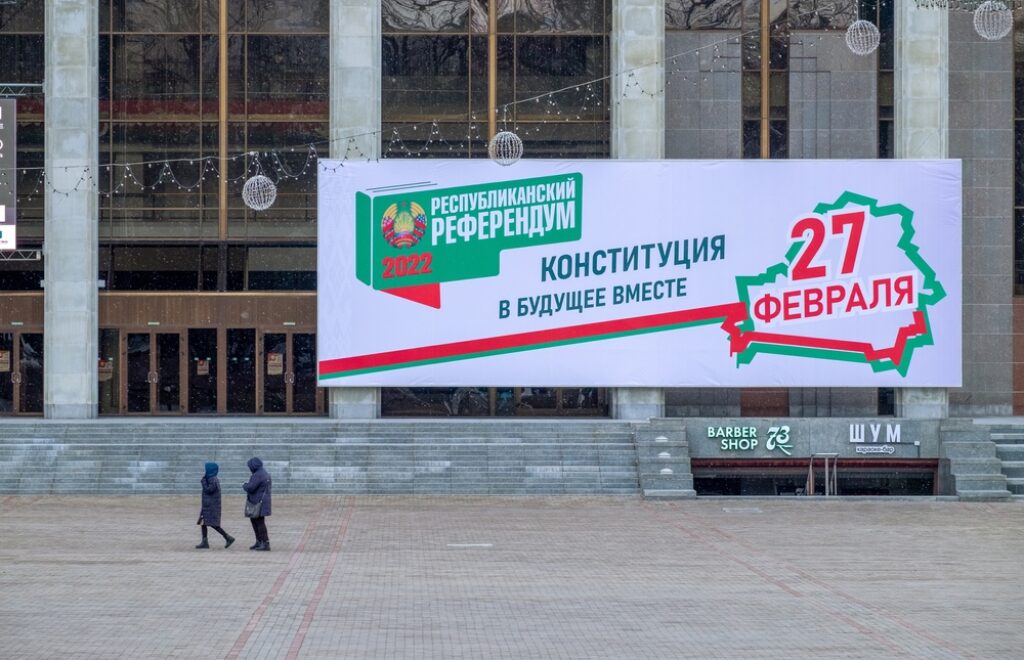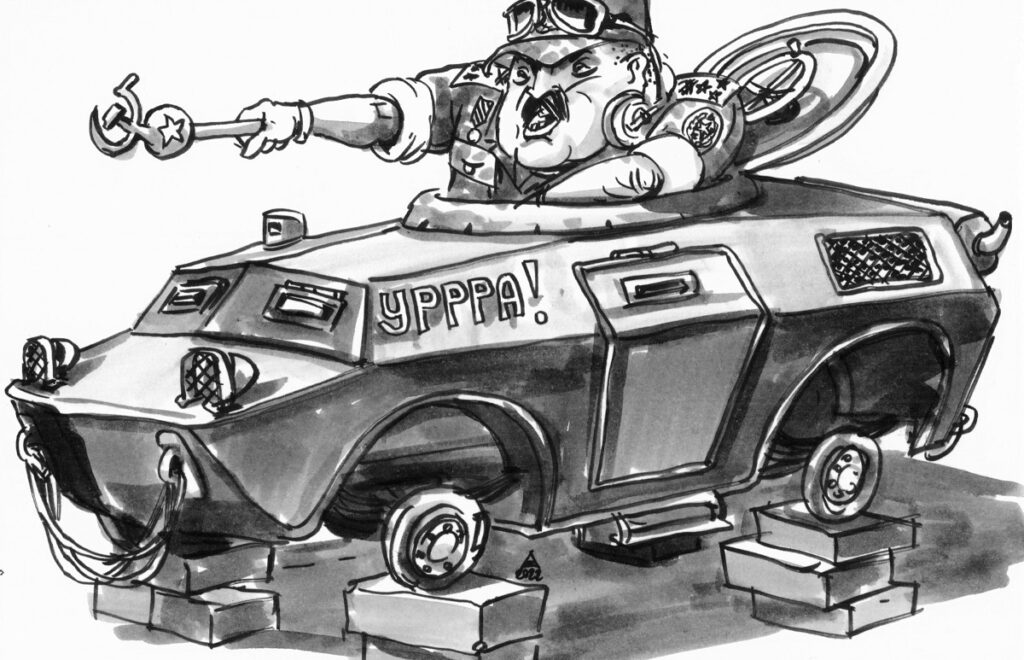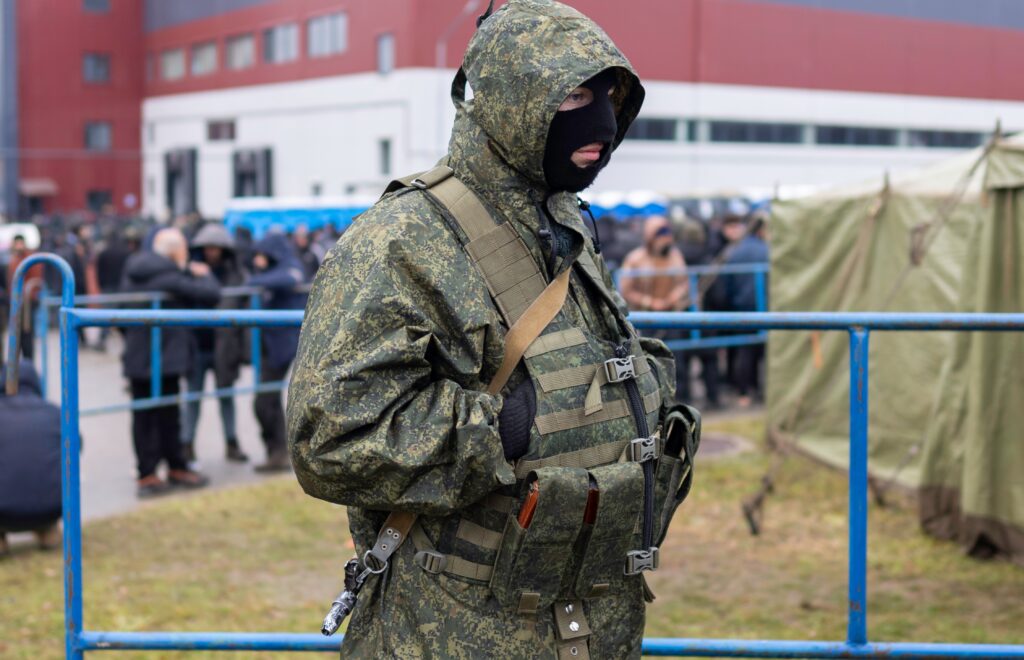The re-Sovietisation of Belarus
The past two years saw growing pressure from western sanctions on the Belarusian regime. Each move Alyaksandr Lukashenka took since 2020 has further limited his room for manoeuvre. After each of his decisions – the brutal crackdown of the 2020 protests; the repressions that followed; the grounding of the Ryanair plane; and finally, the support for the Russian invasion of Ukraine – a new wave of sanctions was introduced.
December 7, 2022 - Aliaksandr Papko Kacper Wańczyk


